Letter from the Opinion Editors: Harassing journalists is unacceptable
November 14, 2022
Harassment is not free speech. It’s violence.
Over the past semester, The Appalachian has seen a notable uptick in audience engagement with a 16% increase in users and a 20% increase in website sessions compared to last year. As newspapers around the country struggle to maintain their readers, it’s exciting that the Boone community is interested in student journalism. From article clicks to social media likes, readers have been engaging with our content in all sorts of ways, particularly in the comment sections. Comment sections are an important part of the work journalists do and constructive reader feedback is welcomed by all journalists, even the critical kind. Knowing what our readers are interested in helps us stay relevant and ultimately makes us better writers.
However, journalists around the world are experiencing an increasingly concerning trend: online harassment. Constructive criticism and hateful remarks are two very different things, and the two impact journalists in very different ways. We’ve all heard the saying, “don’t shoot the messenger” and after all, journalists are professional “messengers.” So why is it so accepted to harass, demean and intimidate professional and student journalists alike? Online harassment of journalists, columnists and opinion writers included, is never acceptable and should never be taken lightly.
Online violence directed toward journalists has seen a concerning increase. A 2019 survey by the Committee to Protect Journalists determined that 85% of journalists felt their field had become less safe over the past five years. In the same survey, 90% of American journalists said online harassment is the biggest safety concern. The vast majority of online violence is directed toward women, LGBTQ+ and BIPOC journalists. According to a United Nations Educational, Scientific and Cultural Organization survey, a staggering 73% of female journalists have faced online abuse. One in three have considered leaving the field because of it. PTSD, anxiety and depression afflict journalists experiencing harassment online.
The opinion desk at The Appalachian is no stranger to friendly, or unfriendly, discourse from readers. To be clear, critical or rude comments don’t classify online harassment. Targeted, degrading attacks regarding identity, intelligence and validity is. Journalists are an arm of the First Amendment, informing the public and helping to keep in check systems of power. Opinion writing adds a critical outlook on current events and encourages readers to think twice about how they experience the world. Columnists and opinion writers are prepared to receive criticism and we welcome it. Our articles serve to ignite public conversation about the issues we write about.
But calling opinion writers “ignorant,” “arrogant,” “disgustingly low,” an “entitled jackass,” “backwards,” “stupid” or “lazy” is not constructive, it is harassment. All of the aforementioned insults are excerpts from actual comments opinion writers at The Appalachian have received. These are on the rather tame side because they don’t include the various emails, messages on social media and comments that don’t make it to the website because they are simply too aggressive.
Many hateful comments are often posted behind the veil of a fake name and email. Anonymity is emboldening, and it protects the identity of the commenter. Opinion writers, however, do not get to be anonymous, which invites commenters to attack the writers instead of the writing. Having readers who disagree and argue with opinion writers’ opinions is expected and encouraged. However, once readers begin to pick out and belittle aspects of a writer’s identity and character, it becomes targeted harassment.
A recent increase in aggressive comments and online harassment has led to many newspapers reconsidering their relationship with public comments. Notable news outlets like Reuters and NPR no longer allow comments. According to research by George Mason University and the University of Wisconsin-Madison, nasty comments decreased other readers’ trust in the outlet’s content as a whole. Online harassment isn’t only affecting journalists, it’s negatively affecting the public’s relationship with the media.
Online harassment should never be taken lightly. In 2020, the U.S. Press Freedom Tracker recorded 630 incidents of journalists being physically attacked in real life. Online harassment translates to real world violence. The mental and physical health of journalists should not be compromised in favor of targeted online harassment. Harassment is not free speech. It’s violence.
Protecting the First Amendment right to a free press means protecting journalists. It’s time student journalists reckon with online harassment and have a greater conversation on what it means to be a member of the press in an increasingly online world.



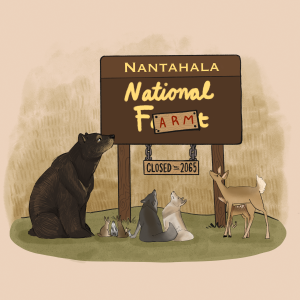



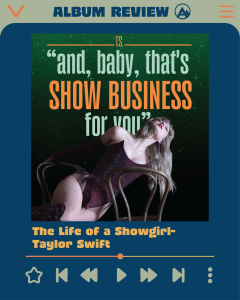
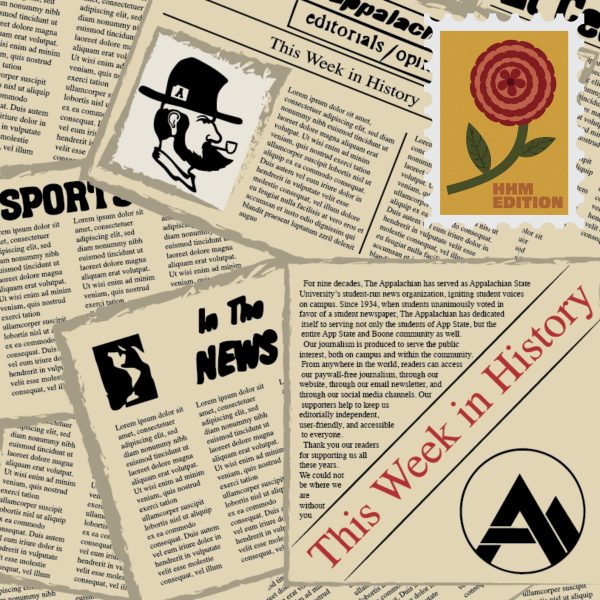

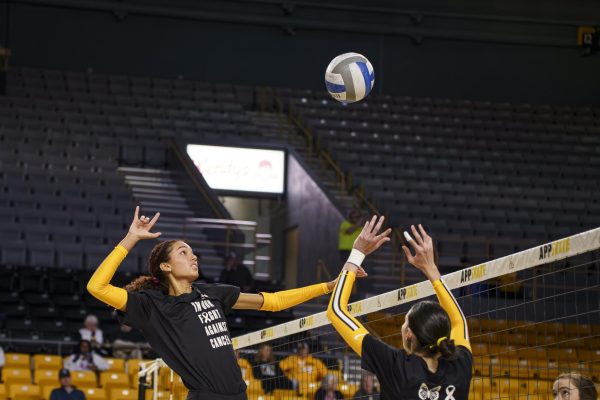

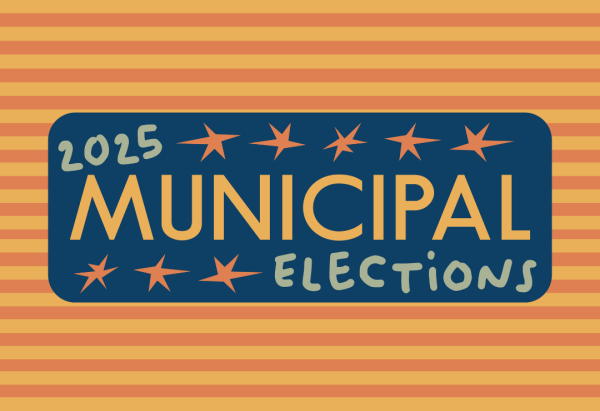
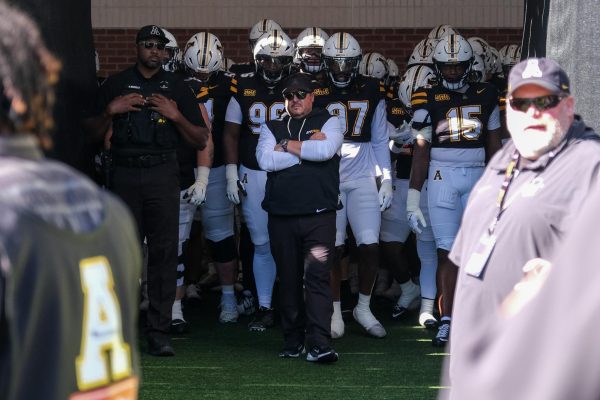
Milton • Nov 16, 2022 at 11:49 am
Ella is a most thoughtful writer and right o n with her comments regarding the nature of harassment and the importance of the First Amendment so essential to a democratic society. I look forward to reading more of her thoughtful prose..
Milton